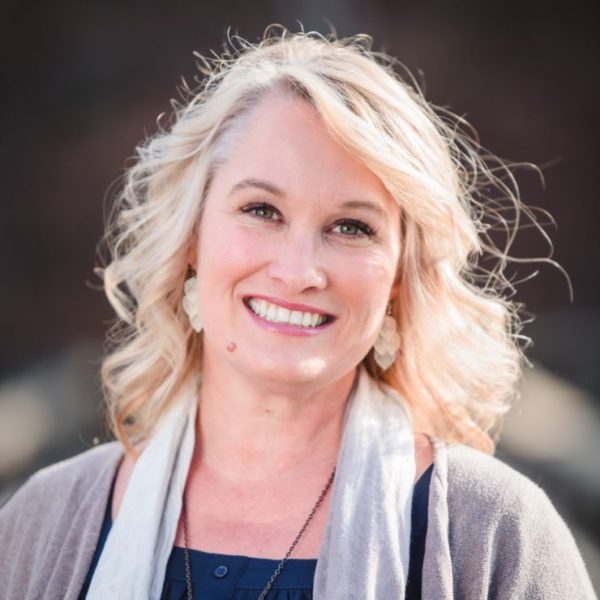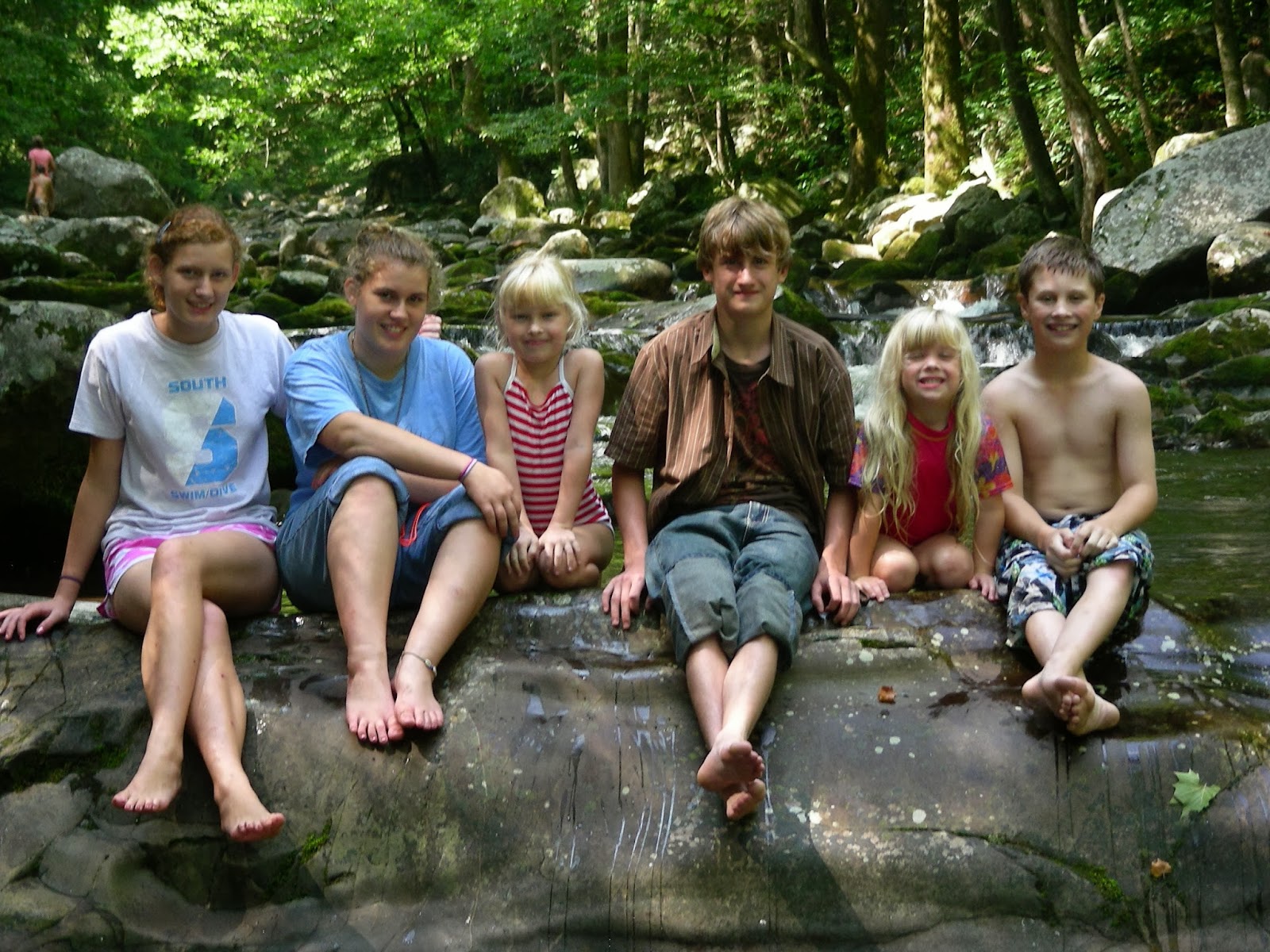Meet Nicole
Nicole Williams is a guiding light for parents and educators embracing Charlotte Mason’s homeschooling method. She is the author of the well-loved Living Science Curriculum, a comprehensive series spanning 27 books, and the founder of Sabbath Mood Homeschool.

For 15 years, she has helped parents and educators confidently implement Charlotte Mason’s philosophy, enriching the educational journeys of countless children.
As a host of A Delectable Education Podcast and the organizer of the ADE @ Home Conference, which attracts over 700 attendees annually, Nicole has become a beloved and influential voice in the homeschooling community. She has over two decades of homeschooling experience, having educated her three children and four adopted siblings, including those with learning difficulties, such as dyslexia. This experience has shown her the value of the Charlotte Mason method in empowering children with various challenges.
Nicole has taught and encouraged thousands of homeschool parents and teachers at numerous conferences, including the Charlotte Mason Institute Conference, Charlotte Mason Soirée, and Awaken Living Books Conference.
As a board member of the Living Education Academy, a Charlotte Mason cottage school, Nicole continues to shape the future of education. Nicole’s warm, approachable manner and deep expertise make her a trusted and beloved figure in the world of homeschooling.
Discovering a Living Way
I began homeschooling when my oldest child started kindergarten. I also had a toddler at the time and a baby on the way, but for those simple years, it was just my little boy and me at the kitchen table. Things got more complicated three years later when a string of my adopted siblings began homeschooling with us, all of them older than my kids, all of them damaged learners and several with learning disabilities.
Homeschooling all of these children (up to 7 at one time) was like a trial by fire. Because of their various issues, I quickly realized that the only way to homeschool them successfully was by thoroughly embracing Charlotte Mason’s philosophy and methods.
Still, I couldn’t let go of the science textbook, even though my high schoolers failed every test. It was a blessing that they did, however, because if they had been successful, I would never have been forced to look at what Miss Mason had to say about science—she had a lot to say—and prepare a science curriculum that modeled her ideas.
Ultimately, the kids’ science education was everything it should be. Their eyes were opened, and what a joy it was to witness! They came to enjoy science and see connections they hadn’t noticed before; they started to appreciate the beauty of the world around them and learned to think. They thrived on the feast Miss Mason advised me to lay before them.

They have all graduated now, but I have learned so much that I can’t help but share it with you. The curriculum available on SMH will help you quickly and easily implement Charlotte Mason’s natural way of studying science and nature, which will help your children understand, love, and care for the created world.
It is a shame when kids “hate” science or just don’t care. They are studying God’s creation—from bumble bees to the most beautiful laws of physics! So, even if this is not their chosen career path, they should be suitably inspired by the awe and wonder all around them!

We prefer that they should never say they have learned botany or conchology, geology or astronomy. The question is not,––how much does the youth know? when he has finished his education––but how much does he care? and about how many orders of things does he care? In fact, how large is the room in which he finds his feet set? and, therefore, how full is the life he has before him? (Mason, School Education, 1904, vol 3, p. 170-171)
May a Sabbath Mood rest on your day,

Whatever is foreseen in joy
Must be lived out from day to day.
Vision held open in the dark
By our ten thousand days of work.
The hand must ache, the face must sweat.
And yet no leaf or grain is filled
By work of ours; the field is tilled
And left to grace. That we may reap,
Great work is done while we’re asleep.
When we work well, a Sabbath mood
Rests on our day, and finds it good.
– Wendell Berry, 1979, no. X

